It’s Budget day and the government is once again on the receiving end of a blast from one of the country’s leading property investment consultancies.
London Central Portfolio last week slammed the government for its muddled handling of Brexit and its increasingly heavy taxation of property - and now, on the day Phillip Hammond reveals his fiscal plans, LCP is at it again.
In a new analysis it criticises the government for delaying the release of stamp duty data for the third quarter of this year - this should have been released at the end of last week but has now been delayed until after today’s Budget.
“Whilst it is likely that the next set of statistics will paint an even grimmer picture, those currently available demonstrate the havoc that has been wrought on the residential market by Hammond's predecessor, George Osborne, through the successive introduction of taxes from graduated stamp duty to higher rate additional duty and the removal of tax relief for buy to let landlords” says LCP.
The consultancy says that now, almost four years after Osborne’s stamp duty reforms, they can be seen to have meant for the UK-wide housing market:
- transactions have actually fallen 34.8 per cent from 250,800 to 163,400 over the last four quarters and this fall has been seen across all price bands
- tax revenues have fallen 25.1 per cent from £2.61 billion to £1.95 billion, and LCP says even adding back first-time buyer’s relief the fall would still have been 19.0 per cent;
- transactions in the new build sector, according to LCP’s latest monthly residential index, have fallen 13.6 per cent in Greater London across the year.
“The introduction of successive tax increases on residential property is creating a black hole in the Exchequer tax take. Its aim of stimulating the domestic housing market does not appear to be working, with a fall in transactions of almost 35 per cent over the year” according to Naomi Heaton, chief executive of London Central Portfolio.
“Whilst the Exchequer could claim that the introduction of the three per cent higher rate for additional dwellings was to reduce the number of second home purchases, the consequence of suppressing this activity is to exacerbate falling revenues, which are down more than 25 per cent over four quarters” she insists.






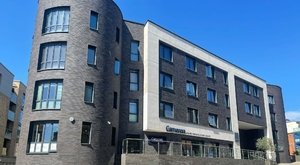
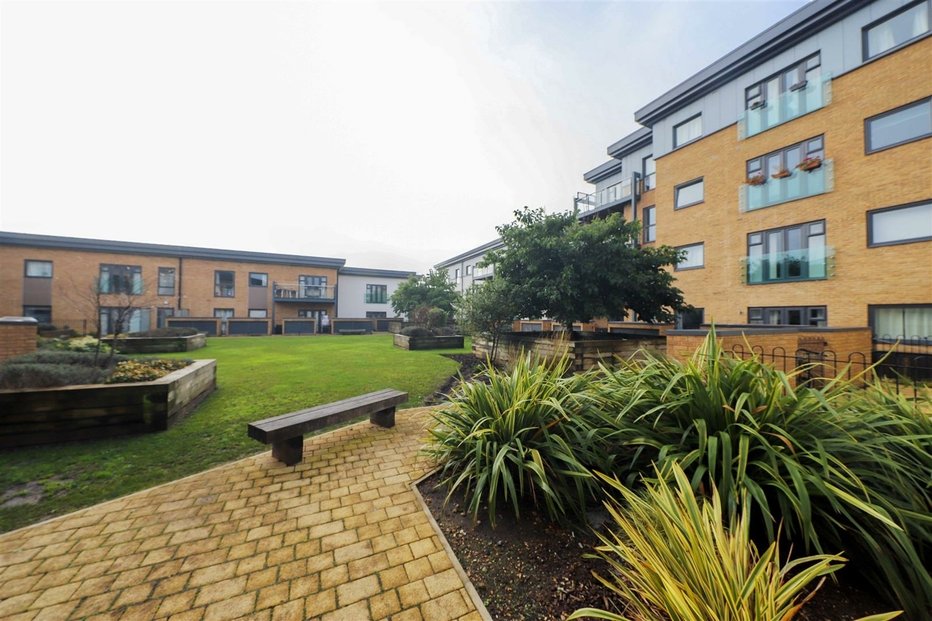
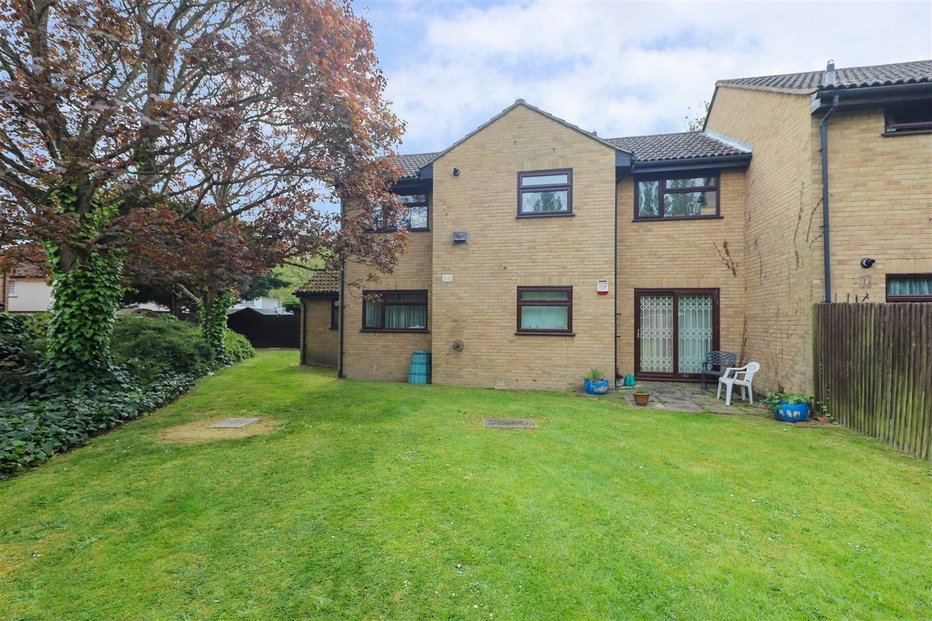
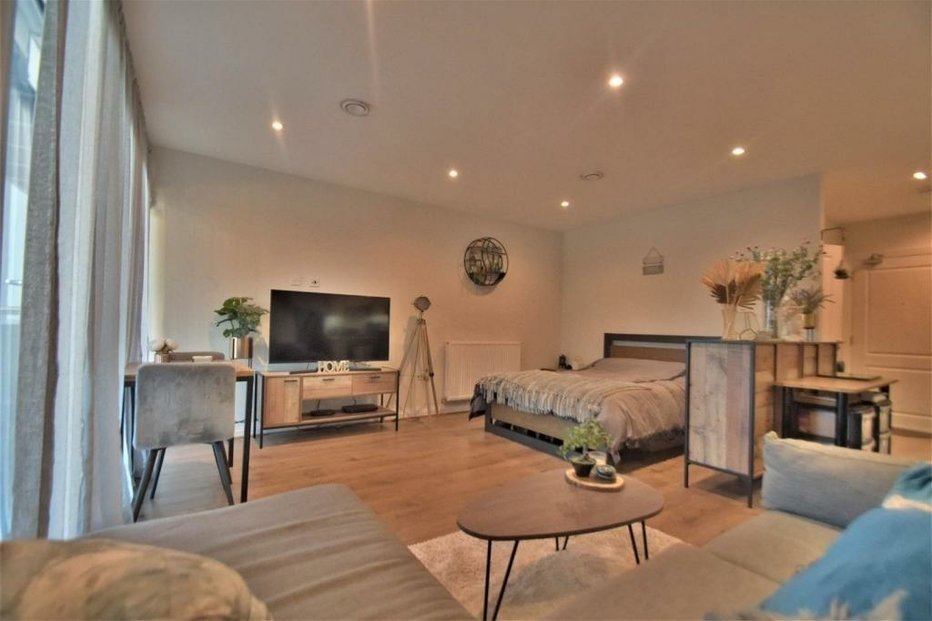
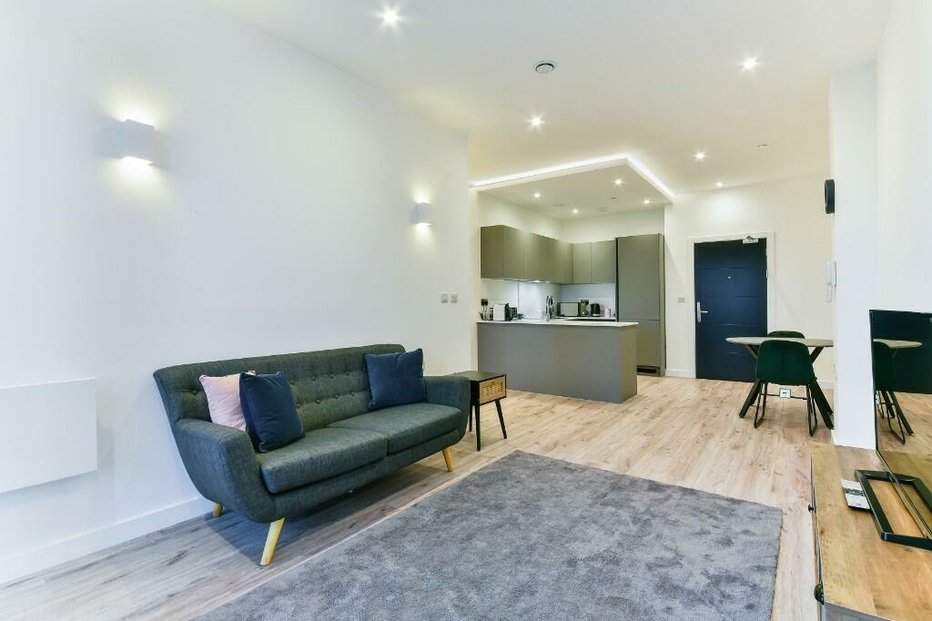
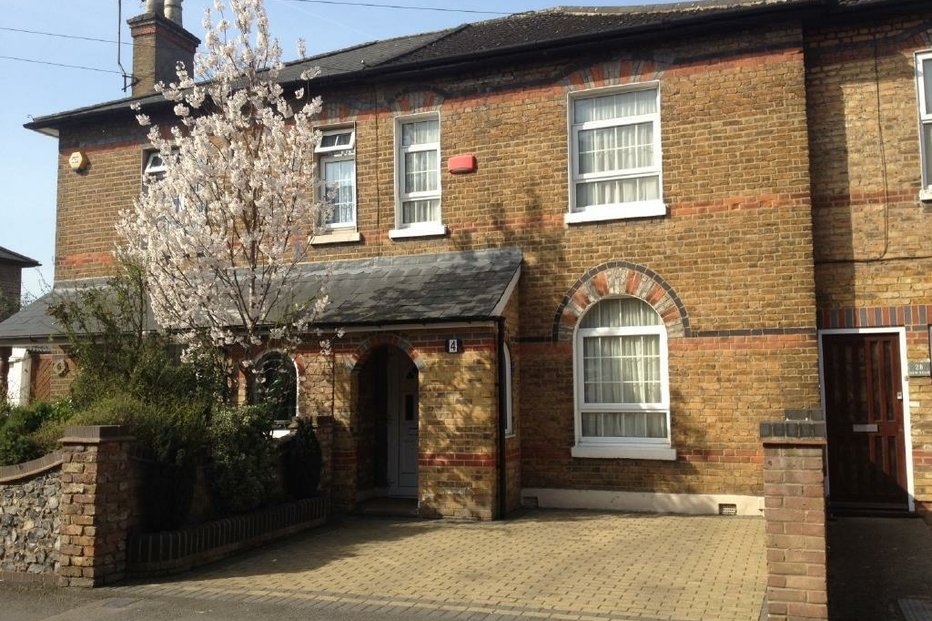
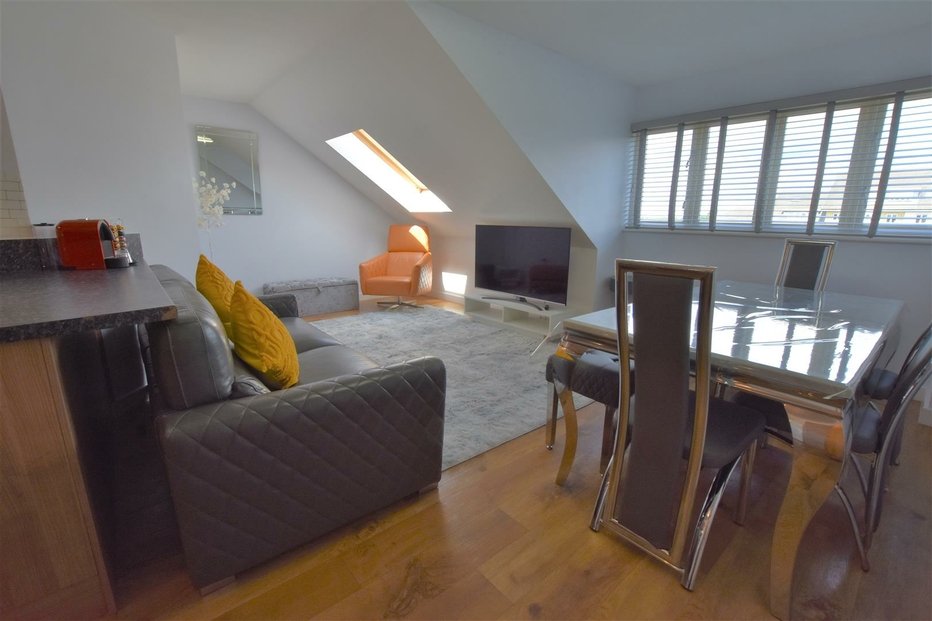



Having bought through Cameron, i felt they kept me update to date with everything that was going on. There was no hassle arranging viewings, and they helped me all the way through the process. Good, efficient service. Will definitely recommend!
... read more